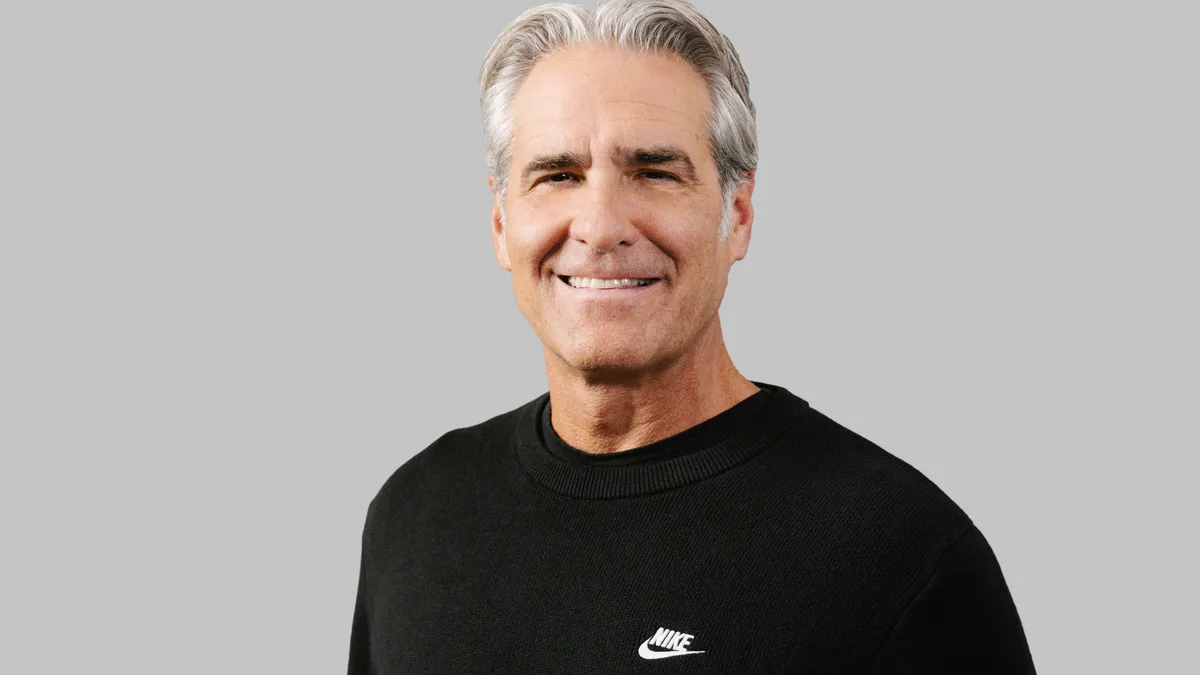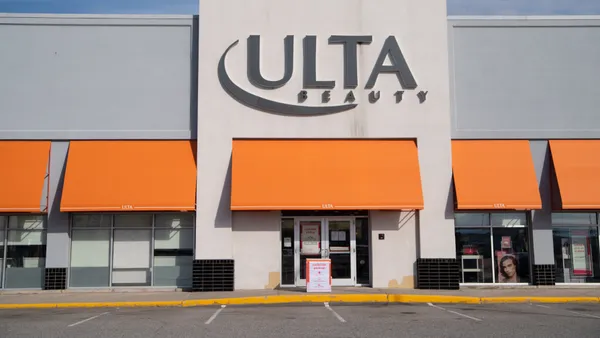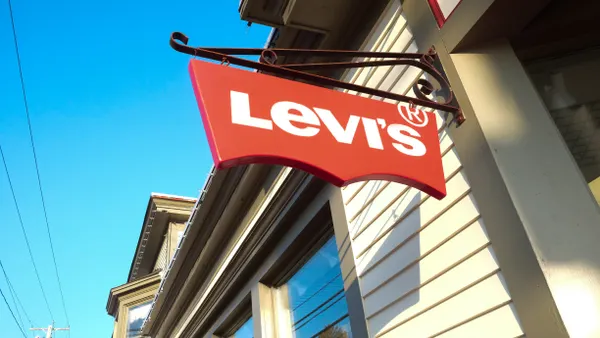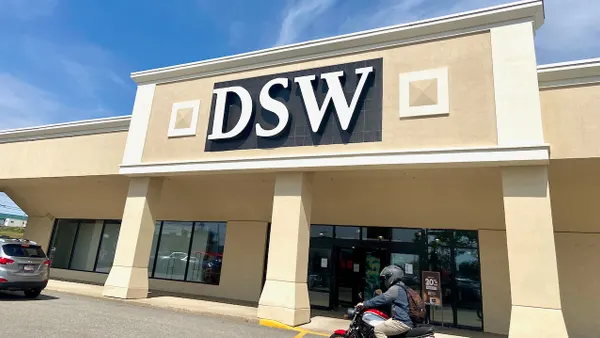Dive Brief:
-
CVS Health plans to acquire health insurer Aetna for $69 billion, the companies said on Sunday. Including Aetna's debt, the total value of the transaction is $77 billion.
-
The companies aim to deliver a "personalized healthcare experience" by connecting Aetna's network of providers with consumer access through CVS Health. With the help of broader use of data and analytics, the companies said the deal would create better patient outcomes at lower cost, according to a joint press release.
-
One focus will be better management of chronic disease, which CVS has already moved to address through its existing healthcare services.
Dive Insight:
The acquisition of a major health insurer is a massive if natural extension of CVS's ambitions to become a healthcare-focused company.
The drugstore retailer — if it can still be called that — already has a substantial medical operation, running 9,700 CVS Pharmacy locations and 1,100 MinuteClinic walk-in clinics, as well as Omnicare senior pharmacy solutions, Coram infusion services and more than 4,000 CVS Health nursing professionals who provide in-clinic and home-based care nationwide.
The merger is also happening at a time of upheaval in healthcare in America. Although the Affordable Care Act had begun to rationalize costs within the healthcare sector, much uncertainty has been introduced since Republicans took over the presidency and both houses of Congress. With a repeal of the ACA's individual insurance mandate built into the tax bill recently passed by the Senate, new questions about patients' costs and choices will inevitably arise.
The combined company will have some $245 billion in combined revenue and around $19 billion in combined EBITDA, noted Moody's Investors Service Vice President Mickey Chadha, who said the merger takes advantage of the fastest-growing part of the pharmacy business: specialty drugs for patients with considerable and complicated medical needs.
"We believe the combination of Aetna and CVS will create a vertically integrated company with a diversified revenue stream, unsurpassed scale and reach in the industry and the potential to reshape the entire health plan market," Chadha said in comments emailed to Retail Dive. "The combination of CVS and Aetna will mark an industry shift towards a more seamless approach to managing healthcare costs as it brings together the overall management of a patient's medical bills and prescription drugs under one umbrella."
While it's CVS that gobbled up Aetna, look for other insurers to look at pharmacy tie-ups, Loren Trimble, CEO and managing director of consultancy AArete, said in an email to Retail Dive. "This move will provide further impetus for the big health insurers to look at pharmacy if they’re not already doing so, PBM (pharmacy benefit manager) and distribution to members in a way where they control it more," he said in an email to Retail Dive. He added that "CVS/Aetna may be able to provide more personalized care [and] develop more personalized relationships with members, which can help with innovation in care delivery and may help reduce unnecessary care."
That could leave Walgreens and Rite Aid far behind. Their proposed merger more than two years ago was subject to long, drawn-out scrutiny by the Federal Trade Commission, which in the end would only agree to a drastically smaller acquisition by Walgreens of nearly 2,000 Rite Aid stores and distribution centers. Walgreens Boots Alliance in recent weeks said it's determined that optimizing that purchase will entail the closure of some 600 stores "and related assets" over 18 months, starting next spring.













